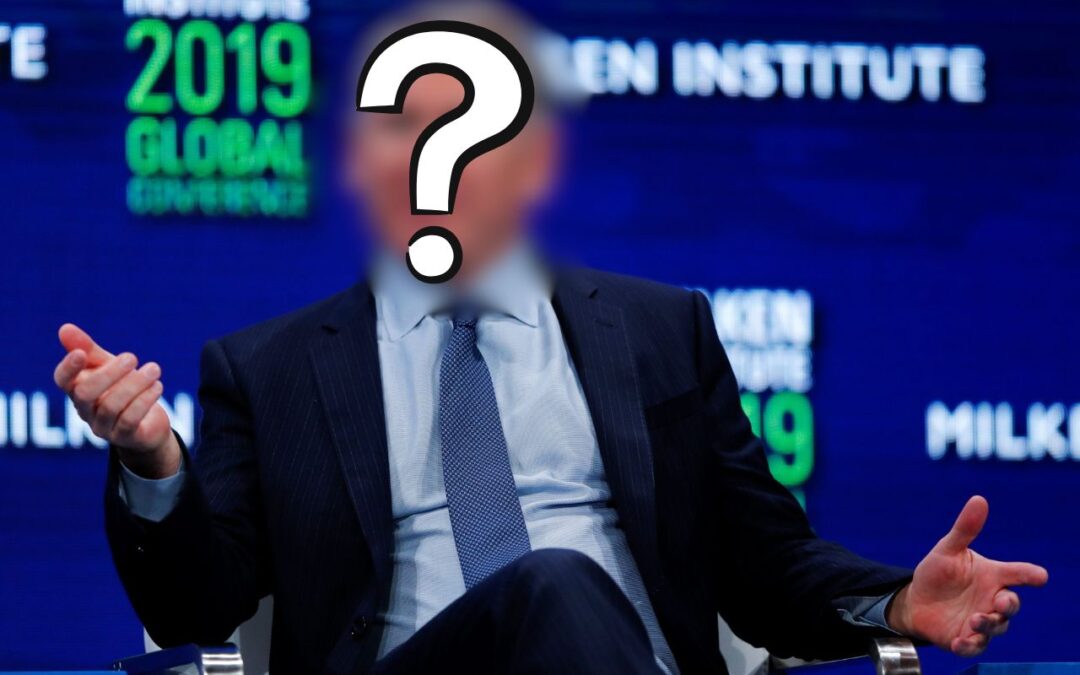Synopsis: Ken Griffin, Citadel CEO, disclosed nearly 9% stake in Solana treasury firm DeFi Development Corp., signaling traditional finance’s rising confidence in Solana and crypto infrastructure.
Ken Griffin, CEO of Citadel, has surprised Wall Street by disclosing a large personal and institutional stake in DeFi Development Corp. (DFDV). The move marks a sharp turn for Griffin, who once dismissed cryptocurrencies as speculative bubbles. However, the latest SEC filing on October 22, 2025, shows a deepening institutional trust in Solana-linked assets.
Griffin’s disclosure points to a potential shift in sentiment within traditional finance. Personally and through Citadel entities, he now controls nearly 9% of DFDV, cementing his position among its top investors. Frankly, this shows how fast traditional capital is adapting to crypto trends that once felt too volatile to touch.
Institutional Entry into Solana
According to Griffin’s Schedule 13G filing with the U.S. Securities and Exchange Commission, he holds 1.31 million DFDV shares, roughly 4.5% of the company’s stock. Citadel Advisors LLC and its affiliates own another 800,000 shares, around 2.7% of outstanding stock.
The market value of Griffin’s combined stake sits near $18.6 million, though earlier filings hint at possible valuations up to $60 million, depending on purchase prices. His acquisition aligns with Citadel’s quiet expansion into digital assets through trading desks and minority stakes in other crypto ventures.
Honestly, few expected Griffin to invest directly in a Solana treasury company. For years, he called crypto overhyped and doubted its real economic value. Yet, Citadel’s growing exposure shows how even skeptics are adapting as blockchain finance evolves. Bit by bit, sentiment is changing inside major financial institutions.
DeFi Development Corp.
Founded in 2024 and listed on Nasdaq early this year, DeFi Development Corp. ranks as the second-largest Solana treasury holder globally. It follows Forward Industries, which owns 6.82 million SOL compared to DeFi Development’s 2.19 million SOL.
Within just one week in early October, the company bought $117 million in SOL, lifting its total holdings above $400 million. Even after a mild price dip, its cost basis of $236 million keeps it comfortably profitable. The firm’s model focuses on accumulating and staking Solana, earning yields between 6% and 8% APY while supporting the network’s validator ecosystem.
This accumulation mirrors the trend of digital asset treasuries companies using crypto holdings to strengthen balance sheets and appeal to growth-oriented investors. Nevertheless, analysts warn about possible valuation compression if Solana’s market value softens for long. Still, I find their strategy bold and data-driven, especially considering Solana’s strong on-chain fundamentals.
Impact on the Solana Ecosystem
Griffin’s investment arrives during an important time for Solana. The blockchain has surged over 60% year-to-date, maintaining dominance in decentralized trading and institutional integrations. Major firms like BlackRock, Fidelity, and Galaxy Digital have already tapped Solana for cost-efficient operations and tokenized asset trading.
Analysts note that Solana now handles 98% of all tokenized stock trades, processing vast volumes faster and cheaper than Ethereum alternatives. Even amid tight U.S. regulation and delays in Solana ETF approvals, institutional appetite remains strong.
Griffin’s entry could fuel that momentum. Should Citadel exercise its upcoming DFDV warrants offered at $22.50 per share the treasury firm could raise another $73.5 million. It’s a clever bet on both governance innovation and network scalability, two areas where Solana seems to outpace rivals.
In essence, this disclosure is more than a financial update it’s a signal. Traditional finance is not just experimenting with crypto anymore; it’s placing confident bets. Griffin’s move validates Solana’s transition from hype to high-functioning infrastructure. And honestly, seeing a Wall Street icon endorse DeFi this way feels like the start of a much larger shift.
Written By Fazal Ul Vahab C H

